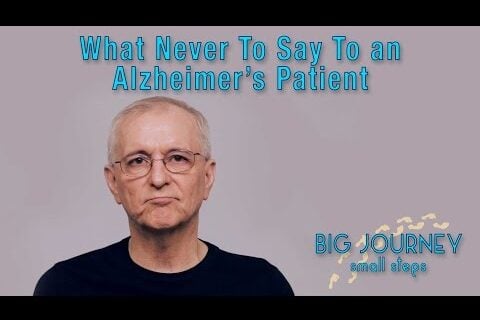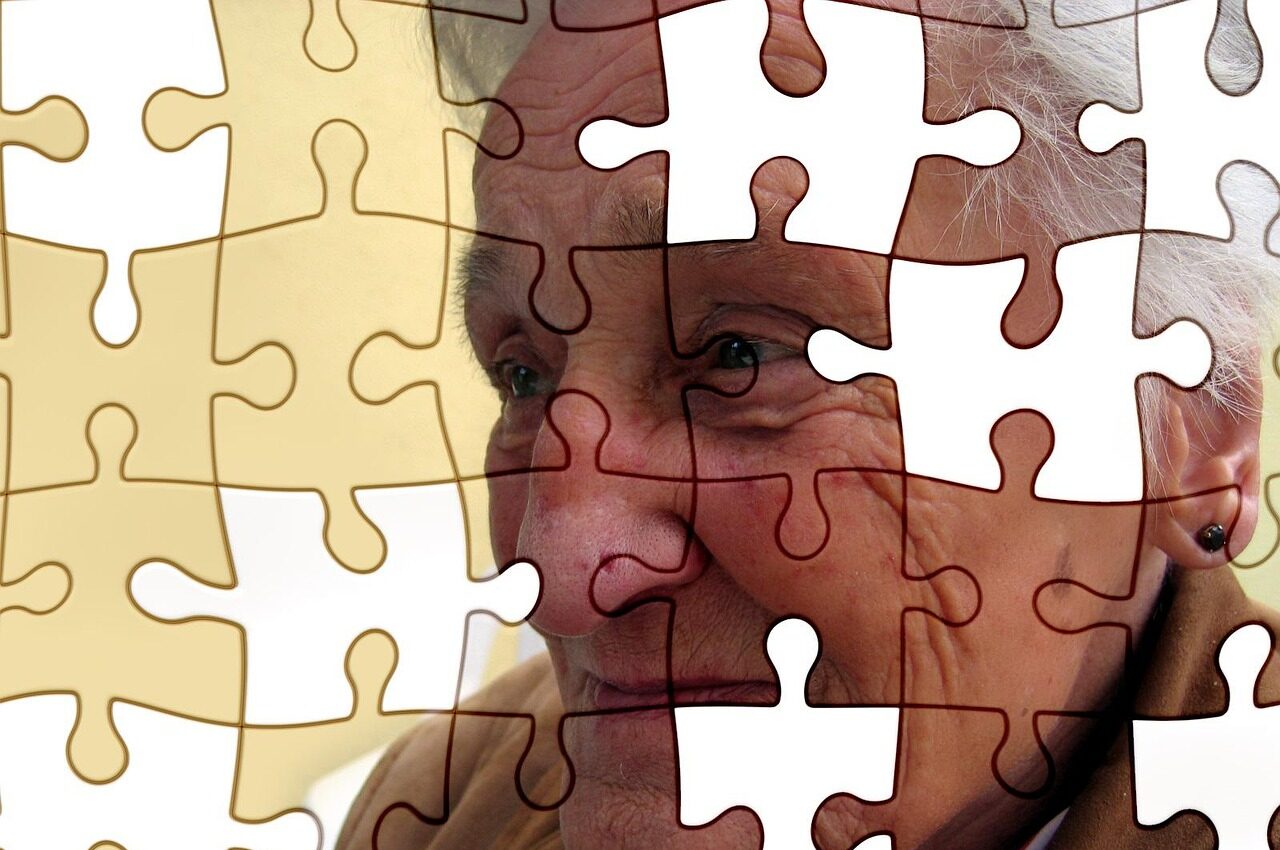
By Maria DiDanieli
Arecent opinion piece in the Toronto Star that discourages family medicine doctors from starting a practice in Ontario at this time has me deeply troubled.
For one, I find it highly unethical for the authors to actively contribute to maintaining, if not exacerbating, the shortage of family doctors in our province. This goes against the principle of non-maleficence, or “do no harm”, as it threatens to compromise patients and the public even more than the current shortage does. It also threatens to extend the crisis into the longer term if a ripple effect of avoiding to open a family practice in Ontario infects future doctors.
Besides being unethical, it does not seem aligned with the policies of the College of Physicians and Surgeons of Ontario (CPSO). The Practice Guide, which contains the CPSO’s policies on medical professionalism, states, “Advocacy involves the responsible use of expertise and influence to advance patients’ health-care interests … physicians have a responsibility to … advance policies that promote the health and well-being of the public.” The article’s call to stay away from family practice in Ontario seems to breach these standards for physician advocacy in our province.
I realize that the political landscape in Ontario has not favoured family practice and, to be clear, I have little to no praise to offer our current provincial government for its management of our health-care systems during its time in office. Recognizing that many health-care issues were already in full froth when the Ford government took office in 2018, its choices of strategies to counter the issues have been, to say the least, baffling. For instance, why would you decimate already crumbling morale by upholding, with childlike tenacity, Bill 124 in the middle of a pandemic that brought health-care professionals to their knees until, backed into a corner, there was no choice but to relent? Or, how can the government staunchly ignore evidence and expert advice against the movement toward privatization of health-care services?
I could go on, but the point is, I know that our government’s choices have worsened the plight of family doctors in our province to the point where facing another day in the profession can seem daunting or pointless. As well, there does not seem to be much political will to improve this situation at this time.
However, our newly trained family doctors – not to mention those practitioners working in established practices – cannot be expected to find solutions, gratification or encouragement by being bombarded with disparaging messages from their most prominent voices.
Why we need a rallying cry!
This brings me to the second reason this editorial was so distressing to me. Right now, health-care workers, and especially physicians, need a rallying cry to up their fight, not a call to retreat.
Right now, health-care workers, and especially physicians, need a rallying cry to up their fight, not a call to retreat.
Listen – I am an allied health professional by training, currently in a support role in a primary practice environment. So, I get it.
Despite some perks, health care is hard work and can be discouraging at times. Serving patients is an honour and a privilege. But trying to do so in a broken system, with little to work with, can be like paddling upstream all the time. Adding to this, the demands of the COVID-19 pandemic have brought burnout closer for many of us. Our own government seems to see us as some sort of enemy faction to be beaten into submission, cubby-holed and out of sight, within corporate portals from which we can be dispensed like Pez candies when needed.
With these current barriers and shifts, any new practice can feel fragile or vulnerable to imminent obsolescence. Trust me, I know. I work in a field that is enjoying some ministry attention at the moment – but next year? Who knows?
Although I share in the disappointments and fears of working in health care at this moment, I have been surprised by the reaction of its prominent voices over the past few years. Instead of acting as beacons of wisdom, encouragement and level-headed advice, we see a growing shift toward inciting everyone to walk out! We’ve seen it in nursing; we’ve seen it among allied health professionals; we’ve seen it from physicians. And now, rather than turning the ship and asking us all to work together, to fight harder and to advocate for better conditions in which to serve our patients, this opinion piece adds to this movement of, instead, discouraging health professionals from entering the fray.
Do we think this serves as some sort of message to our government? (I would argue it actually plays into their plans for our health-care system.) Do we think public trust in medicine/health care will increase if we not only walk away, but encourage others to stay away, when the going is tough?
The problem is, while putting patients, caregivers and the public at risk, this movement doesn’t necessarily improve our collective plight as a health-care field. It doesn’t help us win our demands against government resistance. In fact, it weakens us. And, more importantly, by reducing our staffing capacities, it pits the interests of patients – to whom we made a commitment when we entered this field, regardless of what our role is – against our struggles with our leaderships and governments. And that’s not fair to them. And it’s not worthy of what we committed to do when we choose our career journeys.
Redirecting the message
I am not a physician, but as I noted above, I am an allied health professional in primary care – as well as a user of our health-care system. At this time, I would like to shift the tenor of messaging to health-care professionals by starting with some sincere thoughts about family medicine.
Dear medical students, residents and practicing family doctors: every day, I work with family doctors who handle the triumphs and challenges of their field safely and with grace. They stay the course with passion and have the guts to advocate for better. I have gratitude and admiration for those doctors, and I know you’re up for this. Even in Ontario, there are opportunities for entering practice that can lead to fulfilling careers.
Don’t let yourselves be put off by this momentary trend – this weird need to incite people in health care to vacate their posts rather than to fight harder, to pull you away from what you were called to do.
![]()
—
Previously Published on healthydebate.ca with Creative Commons License
***
You Might Also Like These From The Good Men Project
 Compliments Men Want to Hear More Often
Compliments Men Want to Hear More Often  Relationships Aren’t Easy, But They’re Worth It
Relationships Aren’t Easy, But They’re Worth It  The One Thing Men Want More Than Sex
The One Thing Men Want More Than Sex  ..A Man’s Kiss Tells You Everything
..A Man’s Kiss Tells You Everything Join The Good Men Project as a Premium Member today.
All Premium Members get to view The Good Men Project with NO ADS. A $50 annual membership gives you an all access pass. You can be a part of every call, group, class and community. A $25 annual membership gives you access to one class, one Social Interest group and our online communities. A $12 annual membership gives you access to our Friday calls with the publisher, our online community. Need more info? A complete list of benefits is here.
—
Photo credit: unsplash
The post A Rallying Cry for Family Medicine – And Other Health-Care Professionals appeared first on The Good Men Project.
Original Article










